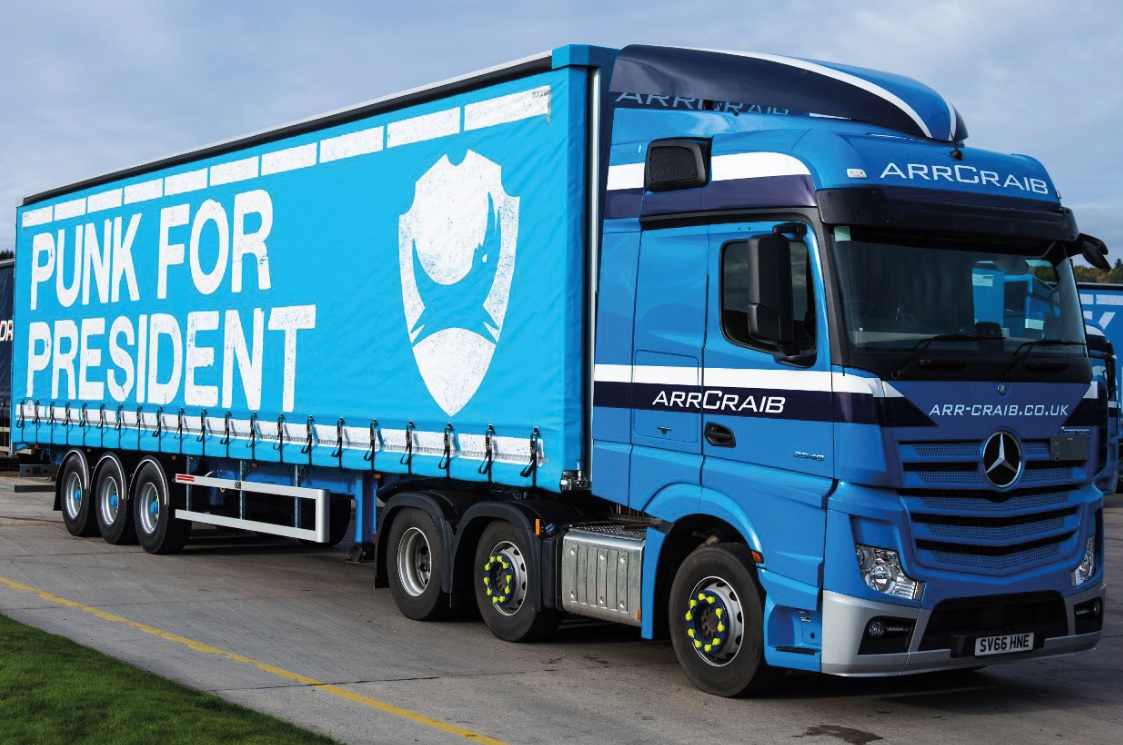________________________________________
ABERDEEN-ANGUS steak burger topped with extra mature farmhouse cheddar in a brioche bun, served with triple cooked chips and homemade mayonnaise. Sound good? This is the kind of vocabulary found on the menu of gastropubs in the UK. The craft beer movement found the perfect home in the British gastropub, but will it prove as enduring as its foodie counterpart and what could be the next big thing in the beer industry?
Before predicting what might be ahead, let’s have a look at what craft actually means. The Oxford dictionary definition of the word is: “An activity involving skill in making things by hand.” Unfortunately for the beer industry, at some point in any brewing process someone will have to use their hands. This means that whether beer is brewed by two blokes in a shed in the Outer Hebrides, or produced in millions of hectolitres and shipped worldwide, everyone could claim the title of craft.
Supermarkets in the UK and Europe are now categorising anything that doesn’t taste like lager as craft, which makes it difficult for consumers to differentiate genuine quality from clever branding.
Something needs to happen to the craft beer movement to keep consumers interested and to separate true craft from the wannabes. So, does the movement need to evolve to keep consumers wanting more, or will another buzzword begin appearing on supermarket shelves instead of craft?
FRESH DEMAND
A recent article written by Pete Brown for Class magazine explains how beers will taste different according to the type of water used in the brewing process. A pint of beer is around 95% water. This explains why beers from different parts of the world can taste completely alien to each other – even if they’re from the same brand.
This means that demand for beers produced in certain countries is higher than in others. When traditional craft brewers begin to gain popularity, the pressure to export its beers rises. But the main problem with this is transport. There is no guarantee the product will taste the same once it arrives on the other side of the world in a different climate. Scottish brewery Brewdog, the poster boy for modern craft beers, has recently promised to transport all its beer at below 8° in an attempt to guarantee quality and freshness.
Ciaran Giblin, brewmaster at Meantime Brewery in London, joined Drinks International to discuss the direction of the craft beer industry. “Freshness is key. If consumers can taste a beer exactly how it was brewed regardless of how far it has travelled, then they will want more of it.
“Budweiser was very clever with its marketing when it introduced sell-by dates on bottles. Even though it wasn’t necessary, people do respond to fresh products.”
But it isn’t just breweries that are reacting to the craft trend. Canning companies, which have been at the forefront of the craft movement in the UK, have now begun tailoring production to buy into fresh-thinking consumers.




